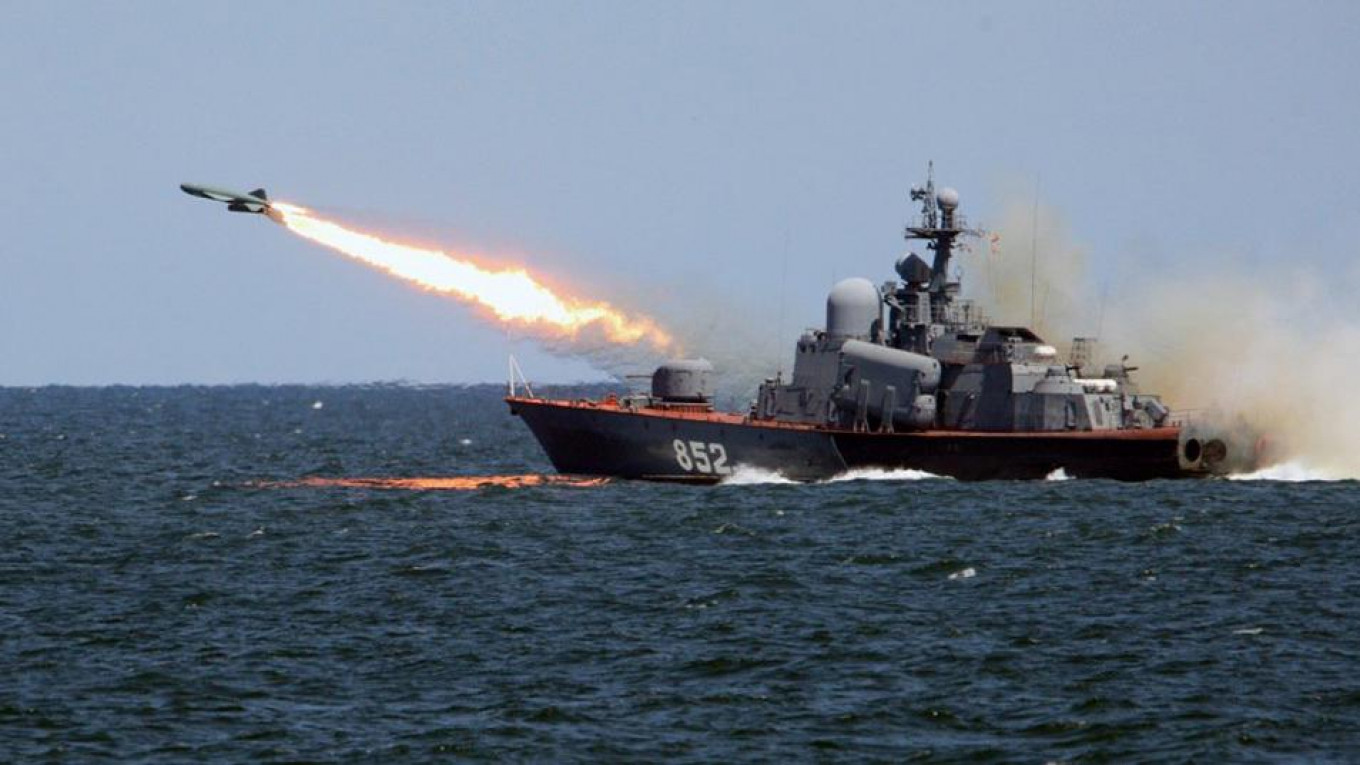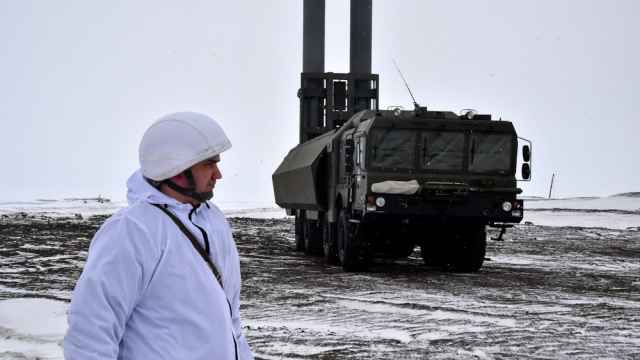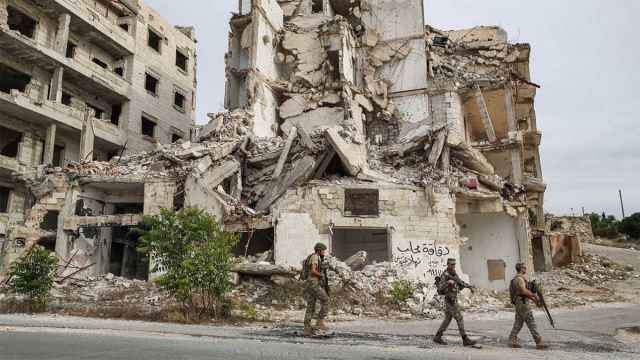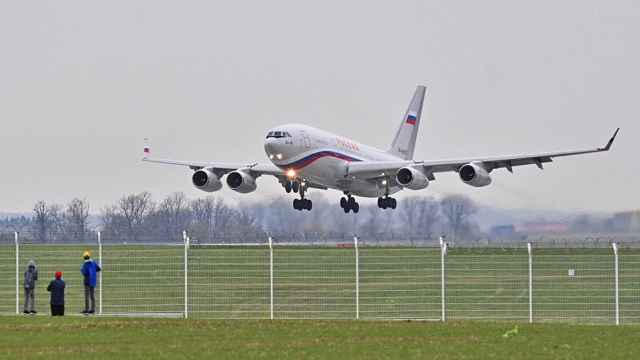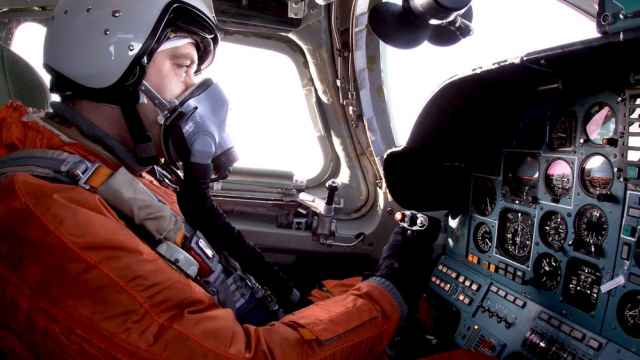Russia began testing missiles with live munitions in the Baltic Sea on Wednesday, alarming Latvia, a member of NATO, which says the drills have forced it to partly shut down Baltic commercial airspace.
The Russian defense ministry said on Monday that its Baltic Fleet, based in its European exclave of Kaliningrad, was preparing for routine training in the Baltic Sea, including live fire drills to practice hitting air and sea targets.
"It is a demonstration of force," Latvia's Prime Minister Maris Kucinskis told Reuters. "It is hard to comprehend that it can happen so close to (our) country," he said.
The tests are being carried out in Latvia's exclusive economic zone, officials said, an area of the sea just beyond Latvia's territorial waters where Latvia has special economic rights, as well as further west in the Baltic Sea.
Riga has closed some of its airspace for the three days of tests, and Sweden also issued a warning to civilian sea traffic and said there could be delays and disruption to civilian air traffic.
The Swedish Transport Agency assigned a so-called temporary D-zone, or danger area, to the southern Baltic Sea, re-routing air and sea traffic.
The missile tests and military drills follow Russia's massive war games last September, which stretched from the Baltics to the Black Sea. The exercises unnerved the West because of their scale, scope and what NATO said was a lack of transparency.
At a time of high East-West tensions, NATO officials worry that any accident involving military weapons and a civilian ship or plane could spark a wider conflict.
Moscow accuses NATO of stirring up anti-Russian propaganda.
"Provocative action"
Latvia said Russian drills have never taken place so near its territory. Kucinskis noted that the decision to test so close to Latvian waters came after the West's expulsion of Russian diplomats last month, the largest since the Cold War.
The diplomats were expelled after a nerve agent attack on March 4 against a former Russian double agent and his daughter in Salisbury, England. Britain, with strong Western backing, blames Russia for the poisoning. Moscow denies any involvement or wrongdoing.
Latvian officials said Russia is not breaking any international rules and has the right to exercise. But the Latvian defense ministry summoned Russia's military attache to express its concern and to raise the issue of the timing. Russia says it is testing its forces after the winter.
"Drills lasting for three days in the region where there is very intensive aviation traffic, and given everything else that is happening in relations between the West and Russia, I think that it is a rather provocative action," Latvia's ambassador to Russia, Maris Riekstins, told Latvian Television.
Latvia will raise the issue at a regular meeting of NATO envoys in Brussels next week, officials said.
A Message from The Moscow Times:
Dear readers,
We are facing unprecedented challenges. Russia's Prosecutor General's Office has designated The Moscow Times as an "undesirable" organization, criminalizing our work and putting our staff at risk of prosecution. This follows our earlier unjust labeling as a "foreign agent."
These actions are direct attempts to silence independent journalism in Russia. The authorities claim our work "discredits the decisions of the Russian leadership." We see things differently: we strive to provide accurate, unbiased reporting on Russia.
We, the journalists of The Moscow Times, refuse to be silenced. But to continue our work, we need your help.
Your support, no matter how small, makes a world of difference. If you can, please support us monthly starting from just $2. It's quick to set up, and every contribution makes a significant impact.
By supporting The Moscow Times, you're defending open, independent journalism in the face of repression. Thank you for standing with us.
Remind me later.


